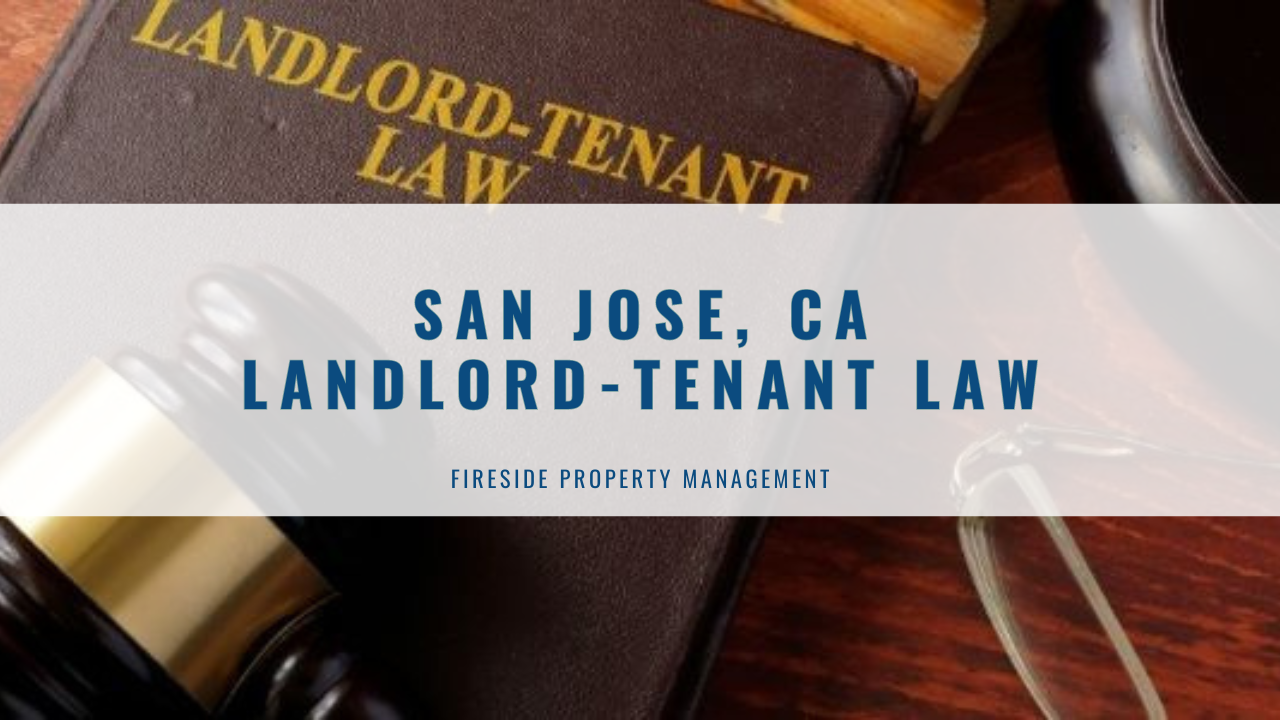When renting out a property in California, there are certain things that you must do to stay legally compliant. Ultimately, it’s important to familiarize yourself with the CA Civil Code 1940-1954.06. It outlines all the rights and responsibilities of all parties in a tenancy agreement
The following are the basics of the California landlord-tenant law.
Required Landlord Disclosures in California
Before a tenant can move into your rental property and the lease or rental agreement becomes effective under California law, you must inform them of the following:
- Concentrations of lead paint for homes built in 1978 or earlier.
- Written information regarding how the California tenant can report the presence of bed bugs in any of the residential rental properties.
- Documentation about any known mold.
- How common utility bills are divided up among tenants.
- Documentation about knowledge of asbestos for units built before 1979.
- Knowledge of possible meth and Fentanyl contamination in the unit if the remediation hasn’t been done.
- The tenant’s right to access the sex offender registry for details.
- Any plans to demolish the property in the future, especially if that will affect the tenancy.
- Whether the property is located within one mile of known ordnance with risk of explosion.
- Whether a non-HIV or AIDS death has occurred in the unit within the last 3 years.
- Whether pesticide has been applied to the unit.
- If the unit is located in a known flood zone.
- The details of the smoking policy (if any)
Tenant Rights & Responsibilities in California
In California, tenants automatically obtain the following rights. A right to:

- Live in a home that meets the required habitability standards and have a fair chance at tenancy as per the Fair Housing Act.
- Be provided with the aforementioned disclosures.
- Be notified with a written notice at least 24 hours before a landlord enters to perform certain legitimate responsibilities.
- Be warned of any rent increases.
- Be treated fairly regardless of certain protected classes, such as race and color.
- Break the lease for certain legally justified reasons, such as starting active military duty.
- Have part or all of the deposit returned within 21 days after moving out.
- A judicial eviction process.
As for the responsibilities, they include the following.
- Pay rent on time, every month.
- Return the property in the same way they found it, less normal wear and tear.
- Keep the unit clean and sanitary.
- Make small repairs and other repairs that go beyond normal wear and tear.
- Maintain the neighborhood’s peace and quiet.
- Keep the provided fixtures clean and sanitary, and use them reasonably as well.
Landlord Rights & Responsibilities in California
As a landlord, the California landlord-tenant laws grant you the following rights after entering a rental agreement with a California tenant. A right to:
- Evict a tenant who disobeys any part of the lease, including if they fail to pay rent.
- Draft a lease agreement and require the tenant to sign it before moving in.
- Require tenants to pay a security deposit before moving in.
- Terminate a tenancy after serving the tenant with proper notification.
- Hold a tenant liable for all rent remaining under a fixed-term lease if they break it unjustifiably.
- Raise rent as per the state and local laws regarding rent control, so stay up to date with any local rent control laws.
- Enter a tenant’s rented premises to carry out important functions, such as inspection and maintenance.
- Reject rental applicants based on a fair and proper screening process.
As for your landlording responsibilities, they include the following under California laws. If a California landlord fails to comply with these responsibilities, it could cause issues.
- Treat tenants fairly based on the protected classes under the state’s Fair Housing Act and the California Tenant Protection Act.
- Notify the tenant at least 24 hours in advance before entry.
- Abide by the state’s rent increase laws, such as giving tenants a notice of at least 30 days before raising the rent amount on the rental unit.
- Abide by the state’s security deposit laws, including the maximum limit and time limit for return as per the lease agreement.
- Follow the state’s judicial eviction process when trying to remove a tenant from the rented premises.
_1.jpg)
- Make necessary repairs within 30 days of getting written notification from the tenant.
- Provide the tenant with certain disclosures before the lease becomes effective.
An Overview of the California Landlord-Tenant Laws
Warranty of Habitability
Under the state’s landlord-tenant laws, landlords can only rent out properties that meet the required habitability standards. For example, the unit must have running hot and cold water, heating during the cold months, and working smoke and carbon monoxide detectors.
You must also make repairs within 30 days of being notified of their need on the rental property. If not, a tenant can withhold rent.
Tenant Evictions
These must abide by the state’s rules regarding the rental unit. You must have a legitimate reason, such as the tenant’s failure to pay rent, and then serve them with an eviction notice to terminate it. Depending on the outcome, you may choose to proceed with the process in court by filing a lawsuit for reasons such as unpaid rent.
Security Deposit Rules
Property managers must follow the state’s security deposit rules when asking tenants for a security deposit. Including, charging a maximum of one month’s rent as the security deposit, only making allowable deductions, and returning it within 21 days of the tenant moving out.
Lease Termination Rules
Periodic tenancies, such as week-to-week or month-to-month tenancies can be terminated through proper notices. To terminate a month-to-month tenancy, for instance, either party only needs to serve the other a 30-day advance notice. If you want to employ rent increases, be sure to comply with any local rent control ordinance.
.jpg)
However, to break a fixed-term lease, a proper justification is required. As a landlord, you can only break it if the tenant violates a lease term. As for the tenant, they would need to have a legally justified reason to do so. Such as, if they are starting active military duty or fulfill the requirements of the early termination clause.
Conclusion
There you have it. Now you have all the important basics of the California landlord-tenant law at your fingertips. For further clarification or the expert help of a property manager, look no further than Fireside Property Management.
We handle everything, from staying legally compliant, to finding tenants, to maintaining the unit, and everything in between. You won’t need to worry about a thing. Get in touch to get started!
Disclaimer: Please note that the information provided in this blog is intended for general guidance and should not be considered as a replacement for professional legal advice. It is important to be aware that laws pertaining to property management may change, rendering this information outdated by the time you read it.



